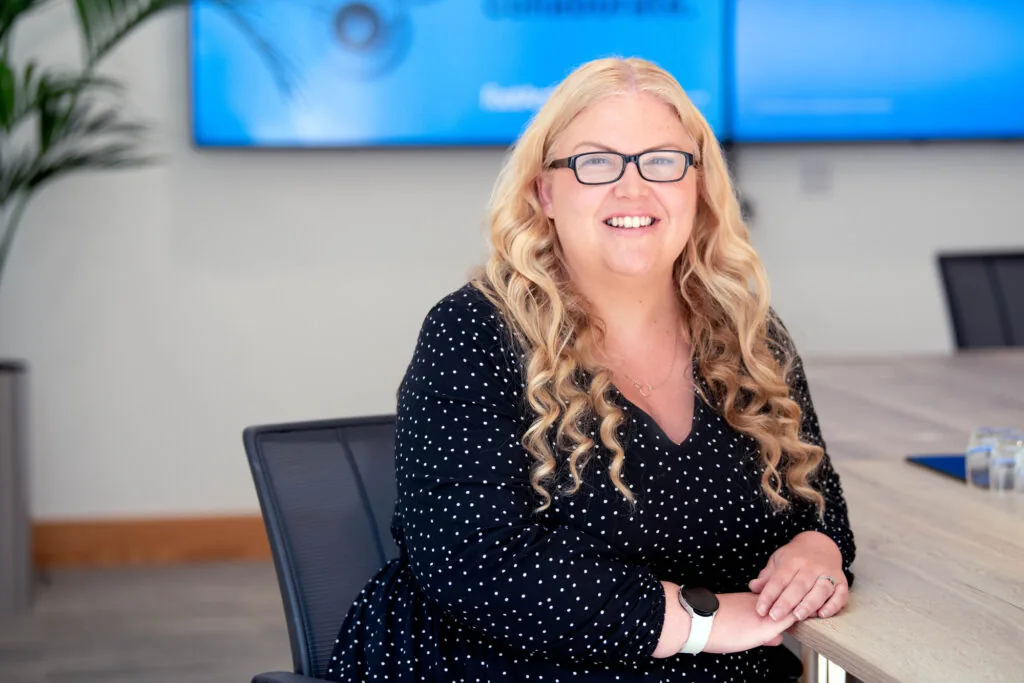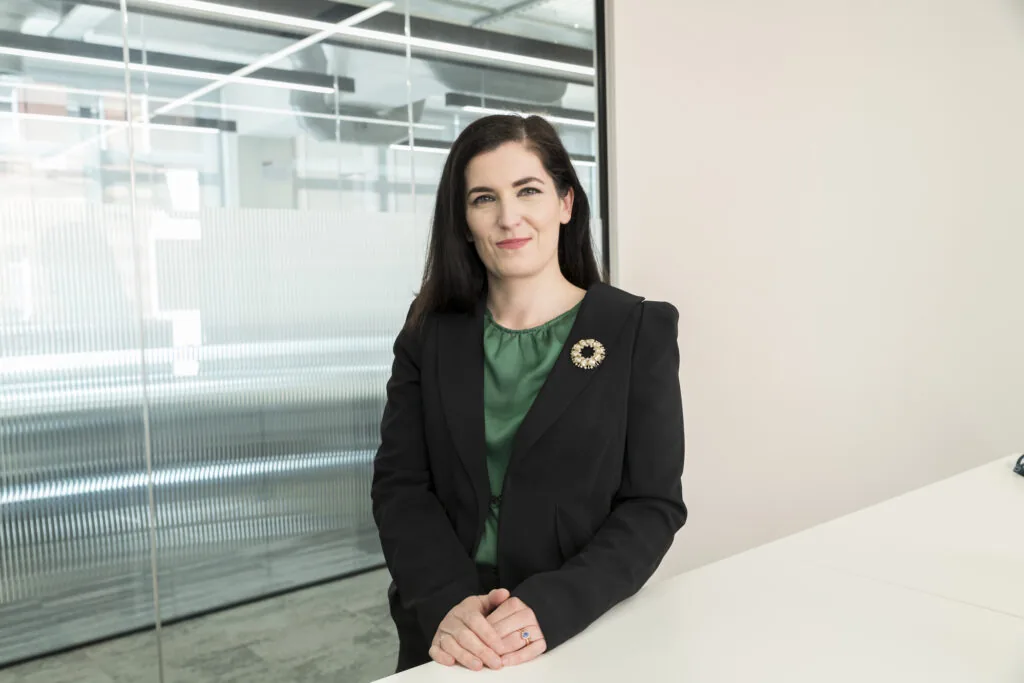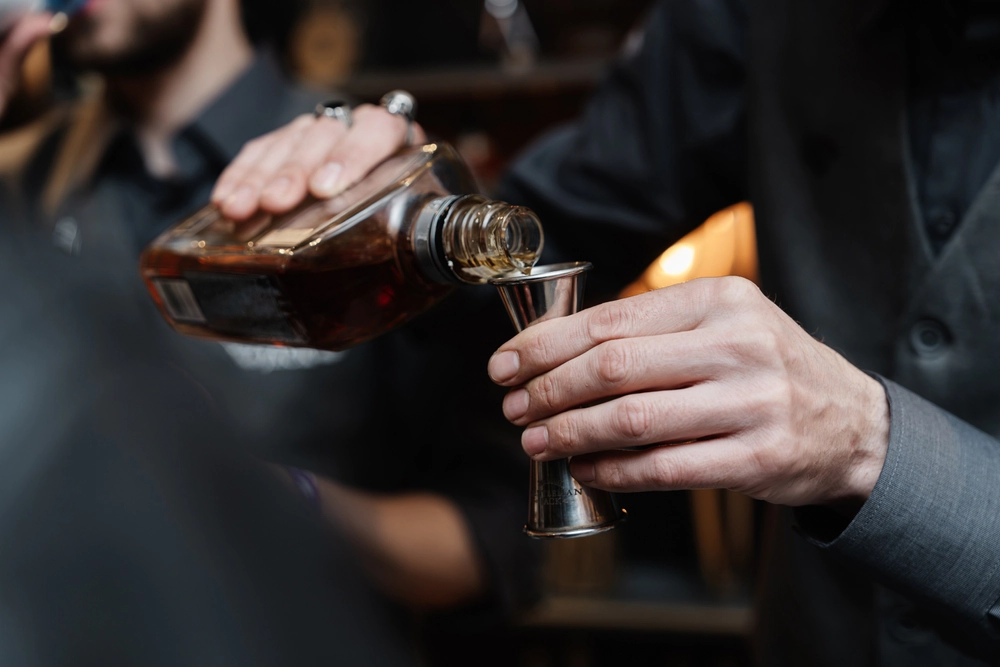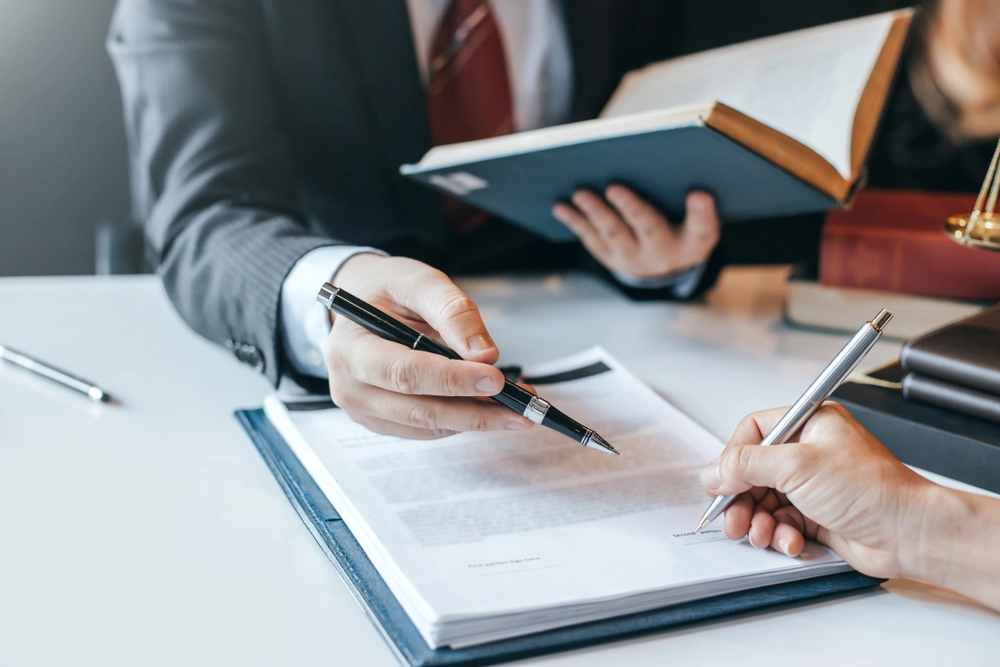
World Intellectual Property Day 2025 – Copyright, the legal playlist orchestrating our world’s music?

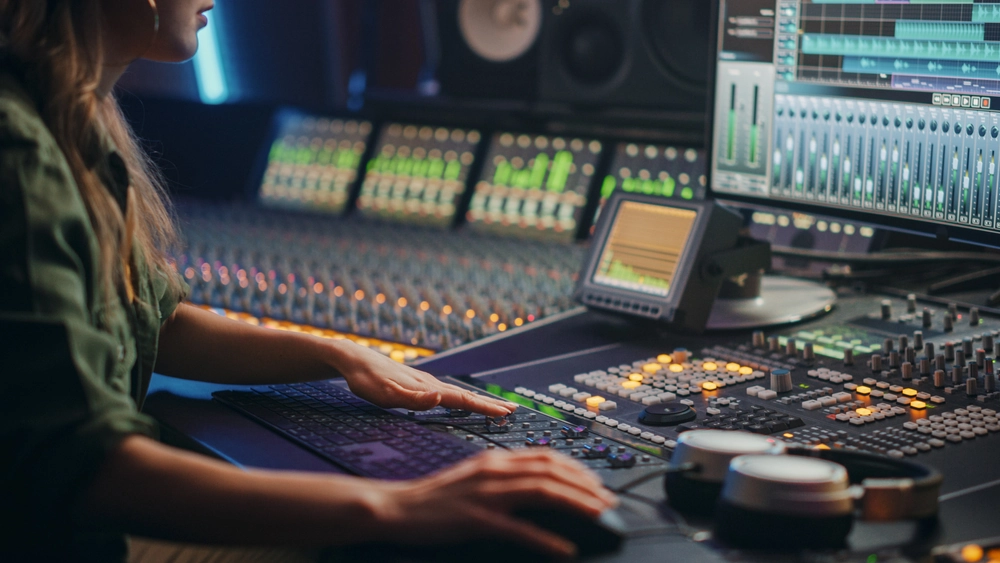
Intellectual Property (IP) rights play a vital role in protecting the work of creators and musicians by ensuring that they are fairly rewarded for their innovation and that others cannot copy or exploit their hard work. As a result, IP plays an essential role globally in supporting creativity and, ultimately, shaping the music we hear today and the industry that surrounds it. This year for World Intellectual Property Day (26th April 2025), the World Intellectual Property Organisation (WIPO) is inviting us to explore this through the theme of "IP and Music: Feel the beat of IP". Find out more at the official page.
Whilst various IP rights arise in connection with the creation of music and the operation of the music industry, in recent years, copyright has been the focus of several high-profile disputes. Perhaps most notably, the recent copyright infringement allegation (which was subsequently dismissed) against Mariah Carey in relation to her timeless festive hit "All I want for Christmas is You".
In this article, we take the opportunity to explore copyright and reflect on three real-world case studies that have influenced legal and musical development. We also cast an eye into the not-too-distant future and contemplate the copyright implications of musical output generated by Artificial Intelligence (AI).
What is copyright?
In the UK, copyright is governed by the Copyright Designs and Patents Act 1988 (CDPA), it is an IP right that protects:
- Original literary, dramatic, musical or artistic works
- Sound recordings, films or broadcasts
- The typographical arrangement of published editions
Copyright protection arises automatically from the moment of creation of the work and it gives the owner exclusivity of rights relating to the use and commercialisation of the work. How long copyright protection lasts depends on the type of work, but it can be for as long as the entire life of the author plus a further 70 years.
How does it apply to music?
In the context of music, copyright provides creators of original musical works the exclusive right to reproduce, distribute and to perform those works. These important rights help to ensure that creators of original musical content are able to enjoy ownership of their efforts and commercialise them if they so choose.
Musical copyright can arise in respect of both:
- The composition: This includes the written lyrics, the structure and the melody of a song.
- The master recording: This protection arises in respect of the specific version of a song as recorded.
It is possible for the two copyrights to be held by different owners. For example, the musical composition copyright may be held by the song writer, whilst the sound recording copyright is held by the recorded label that financed it.
A copyright infringement occurs when someone carries out, or authorises another to carry out, exclusive rights of the owner without their permission. Some examples of copyright infringements in the music industry include:
- Copying musical elements of another composition;
- Replicating the lyrics of another song for your own;
- Issuing copies, such as selling records or digital files;
- Performing a song belonging to another in public; and
- Broadcasting a recording of a track on the radio.
Copyright infringements are classified as either primary or secondary infringements and their classification determines whether liability is strict or whether knowledge of the infringement, or an intention to infringe, is required.
In the spotlight: three copyright disputes that have shaped the music industry
Napster UK v BPI
Streaming
Whilst music streaming services now form an everyday part of our lives, it is easy to forget there was a time when these did not exist. Here we take a look at Napster who inadvertently, by way of their copyright infringement woes, paved the way for the rise of modern music streaming.
Launching in 1999, Napster was one of the first peer-to-peer (P2P) file-sharing services. Napster's innovative platform enabled users to share music files directly between each other via the internet, without the need to purchase the music or request the relevant copyright owner's permission. However shortly after its launch, in 2000, the British Phonographic Industry brought a successful action against Napster for copyright infringement. The basis of the case was that Napster was facilitating the unauthorised sharing of musical works, and its success ultimately resulted in Napster's shut down and bankruptcy.
The outcome of this case had a significant impact on the legal landscape surrounding online copyright infringement and laid the foundations for the music services we recognise today. Modern music streaming companies now ensure that all music, available to be streamed by its users, has the relevant permissions and licences in place with the rightful copyright owner. The streaming platform will then compensate the owner according to the agreement they have in place, such as in respect of the number of listens received.
The Verve v The Rolling Stones
Sampling
In the context of music, sampling is the process of taking a snippet of an existing song, track or sound recording and incorporating it into another composition. Sampling is commonplace in the music industry, particularly in dance music, where producers often manipulate samples for novel uses and to create entirely new sounds.
Under the CDPA, sampling amounts to an exclusive right of the owner and, as a result, to do so without the necessary permissions or licences in place will amount to a copyright infringement. This has resulted in various high-profile disputes in the music industry. However, it doesn't get any bigger than The Verve v The Rolling Stones which provides a cautionary tale.
With one of the most distinctive riffs in the world, we all know the classic hit "Bitter Sweet Symphony" by The Verve. However, what you might not know about is the copyright issues that have accompanied it. Whilst the lyrics of Bitter Sweet Symphony were written by Richard Ashcroft (lead singer and guitarist of The Verve), the highly recognisable string element of the song was sampled from a version of "The Last Time" by The Rolling Stones. Despite The Verve obtaining a licence to use the sample, a copyright infringement action was brought against them on the basis that a lengthier sample than was agreed in the licence had been used.
The legal battle that ensued resulted in The Verve surrendering all of the IP rights to the song, including not only the royalty rights but even the songwriting credits. As a result, when the song was nominated for a Grammy the lyrics, which Richard Ashcroft had written himself, were instead credited to Mick Jagger and Keith Richards.
In 2019, over 20 years later, a further agreement was reached and the rights were finally returned to The Verve. Although now resolved, this case provides an important reminder of the legal, financial and reputational damage that can occur when sampling works, particularly if the necessary copyright permissions or licensing agreements have not been fully considered and do not reflect the real-world position.
Sheeran v Chokri
Copying
In this high-profile dispute, which made it all the way to the High Court, Ed Sheeran was accused of copyright infringement by way of copying a key element of the song "Oh Why", by Sami Chokri when producing his pop hit "Shape of you". An allegation he was eventually cleared of, with the courts granting a declaration of non-infringement.
In this case, the courts considered the similarity between the "Oh I, Oh I, Oh I" sung by Ed Sheeran and the "Oh Why" element of the earlier Sami Chokri song. The judgment provided key insight into the factors a court will consider when determining whether copying of musical work has taken place.
The factors the court considered included:
- The similarities between the phrases
- The differences between the phrases
- The actual musical elements
- Evidence of how the writing process unfolded
- Whether there was an awareness of the original phrase prior to creation
With an increasing amount of music being produced every day and being made available in more places worldwide by way of technology, this case highlights the increasing potential for similarity of music and copyright infringements by way of inadvertent copying. The true implications are yet to be seen, however, this case is perhaps the first of many as the law struggles to keep pace with rapid technological advancement.
The future: copyright and AI-generated music
As with many other aspects of our lives, generative AI is also beginning to revolutionise how music is made. Following human prompts, these models can be used to create original compositions and songs in a matter of mere moments. However, when it comes to the ownership of any copyrights created, the position is not yet clear.
Music created entirely by AI models is currently governed by Section 178 of the Copyright, Designs and Patent Act 1988, which provides copyright protections for computer generated works (CGWs). However, CGWs have been widely criticised for its potential to conflict with the legal requirement of 'originality', a concept that case law has historically closely associated with human creativity.
As a result, whether a copyright can subsist in a song composed by AI may depend on the degree of human creative input involved in its generation. Consideration is likely to be given to a number of factors such as the number, complexity and structuring of human prompts or the editing and curation of the generated musical outputs. As generative AI models become more autonomous, requiring less human involvement in producing original musical compositions, establishing copyright ownership is therefore likely to become even more difficult.
In an effort to provide legal certainty, the UK government recently conducted a consultation titled "Copyright and Artificial Intelligence". Among other topics, the consultation questions whether the CGW right should be clarified to accommodate the development of AI generated music production or removed altogether. The answer to which has important implications for musicians and the future of the music industry, watch this space.
How can music copyright disputes be avoided?
Whilst it may not be possible to avoid the possibility of a copyright dispute entirely (particularly in the context of any subconscious copying), there are ways to minimise the risks. For example, Ed Sheeran now films all of his studio sessions so that, if another allegation is made against him in the future, he can evidence his own creative process. In particular, it is important to:
- Always seek permission to reproduce, distribute or perform another's work, including for sampling.
- Ensure permission is sought from all those who own copyright in the work, including those for both the composition and the master recording. Potential copyright owners can include the song writer, composer, the performer and the recording company.
- Ensure any agreements reached are recorded in writing and, where appropriate, licences are put in place to formalise.
Being caught up in a copyright dispute, whether due to a third party infringing your rights or a potential claim of infringement against you, can be costly, uncertain, and consume significant time. Our intellectual property lawyers are experts in copyright and broader intellectual property rights and can provide strategic legal support to help you prevent, navigate and resolve complex issues effectively. For advice, please get in touch with our IP disputes lawyers.






